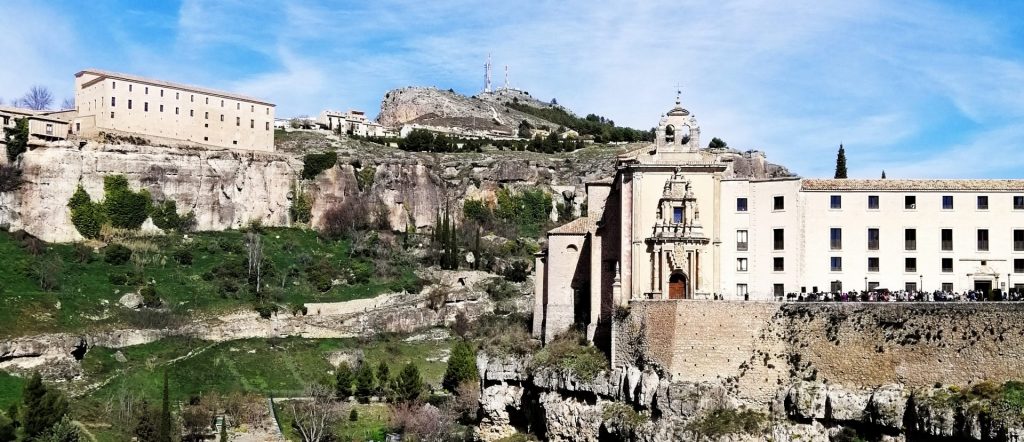

Northern Cyprus (Turkish: Kuzey Kıbrıs), officially the Turkish Republic of Northern Cyprus (TRNC; Turkish: Kuzey Kıbrıs Türk Cumhuriyeti), is a self-declared state that comprises the northeastern portion of the island of Cyprus. Recognised only by Turkey, Northern Cyprus is considered by the international community to be part of the Republic of Cyprus.
Northern Cyprus extends from the tip of the Karpass Peninsula in the northeast to Morphou Bay, Cape Kormakitis and its westernmost point, the Kokkina exclave in the west. Its southernmost point is the village of Louroujina. A buffer zone under the control of the United Nations stretches between Northern Cyprus and the rest of the island and divides Nicosia, the island’s largest city and capital of both states.
Northern Cyprus is a semi-presidential, democratic republic with a cultural heritage incorporating various influences and an economy that is dominated by the services sector. The economy has seen growth through the 2000s and 2010s, with the GNP per capita more than tripling in the 2000s, but is held back by an international embargo due to the official closure of the ports in Northern Cyprus by the Republic of Cyprus. The official language is Turkish, with a distinct local dialect being spoken. The vast majority of the population consists of Sunni Muslims, while religious attitudes are moderate and secular. Northern Cyprus is an observer of the OIC and ECO, and has observer status in the PACE under the title “Turkish Cypriot Community”.

In North Cyprus currently we have over 56,000 students studying at 8 Universities of which 6 are local and 2 are branches of Middle East Technical University in Ankara and Istanbul Technical University in Istanbul. 21% of our students are overseas students from more than 70 different countries, 58% are from Turkey and 21% are local Turkish Cypriot students. Overseas student number, which was about 2,500 in 2009-2010 academic year, increased by more than 4 times to reach 11,250 in the current academic year.
More information available upon call.
Students could find part time jobs while studying such as in cafes, restaurants, shops, or even in their universities. After they graduate, they could find full-time jobs in Hotels, Banks, international companies if they have a good knowledge of Turkish and English.